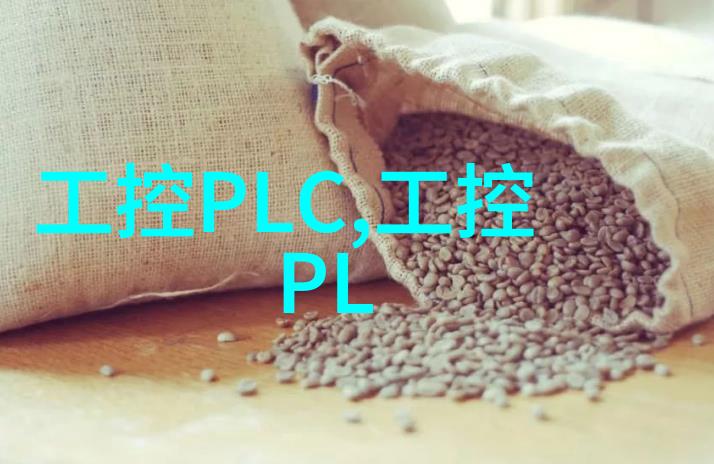What measures have been taken by Panjin pe pipe fa
As the world grapples with the plastic pollution crisis, manufacturers of polyethylene (PE) pipes in Panjin, a city in Liaoning province of northeastern China, are taking steps to mitigate their impact on the environment. The PE pipes produced by these factories are widely used in various sectors such as construction, agriculture and chemical industries.

The first measure is recycling. Some Panjin-based PE pipe manufacturers have set up facilities for recycling used pipes. This not only helps reduce waste but also saves resources as recycled materials can be reused to manufacture new products.
Another measure is using eco-friendly raw materials. Some manufacturers are now using bio-based PE instead of traditional fossil fuel-based PE. Bio-PE is made from renewable resources such as corn starch or sugarcane and has a lower carbon footprint than traditional PE.

Reducing energy consumption is another strategy adopted by some Panjin pe pipe factories. They have invested in energy-efficient equipment and processes that minimize energy usage during production.
Improving product design is also an important aspect of reducing waste. For instance, some manufacturers have developed specialized designs that allow for easier disassembly and reuse or recycling at end-of-life stage.

In addition to these measures, some panjin pe pipe producers are also focusing on circular economy practices such as sharing and leasing rather than selling their products outright. This approach reduces the demand for new products thus decreasing waste generation.
Furthermore, many panjin pe pipe factories are actively engaging with customers through education campaigns to raise awareness about the importance of proper disposal and recycling of used pipelines.

Moreover, some panjin-based companies have established partnerships with local governments and NGOs to develop effective strategies for managing plastic waste generated during production process.
Finally, investing in research & development plays a vital role too - R&D activities help identify new technologies or processes that could further improve sustainability performance without compromising quality standards demanded by clients worldwide including those from construction industry who require high-quality piping systems designed specifically for heavy-duty use cases like infrastructure projects where durability matters most due its exposure under harsh environmental conditions like extreme temperatures (-40°C up 80°C), high pressure levels etc., which makes it crucially important when considering long-term reliability against potential failures caused either mechanical stressors or degradation over time resulting from oxidation reactions leading inevitably towards material's breakdown ultimately affecting overall system integrity while ensuring smooth flow operations within said infrastructure works henceforth enabling users' safety & well-being across all stakeholders involved directly/indirectly throughout this whole life cycle journey spanning manufacturing phase till end-users’ operational phases following installation stages all along maintaining highest level satisfaction via continuous improvement initiatives driven primarily based upon market feedbacks received periodically thus reinforcing brand reputation building trustworthiness among our valued clientele base serving both domestic/international markets alike since inception day one onward consistently striving toward achieving desired objectives while keeping pace with ever-evolving global trends impacting business landscapes ever so rapidly!




